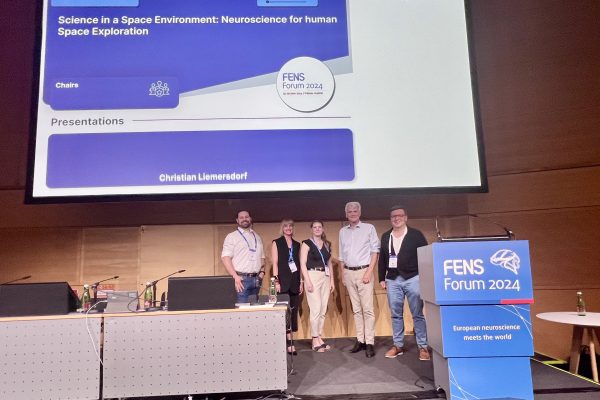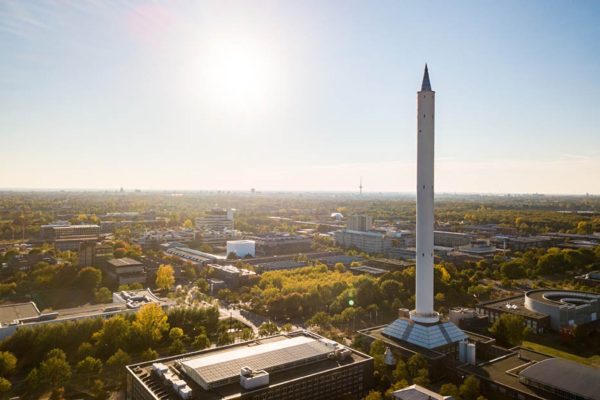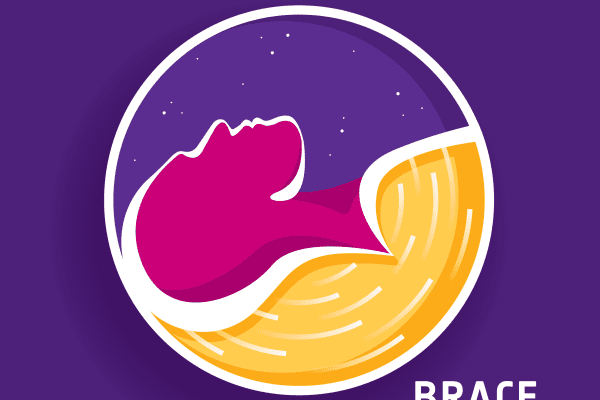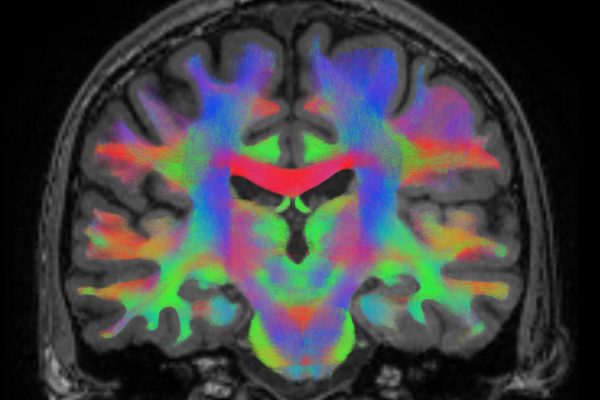Life Sciences
Space Life Sciences cover both space health sciences and space biology. There are four main obstacles to life in space: variable gravity, space radiation, isolation, and confinement.
Mission: Advance human exploration into deep space, harvesting unique knowledge that can improve life and health in space and on Earth.
Vision: By 2035, Europeans will have ensured sustainable and safe human deep space exploration through the implementation of innovative life science technologies, optimised countermeasures, and translational health capabilities.
Objectives: The Human and Robotic Exploration Programme Space Life Sciences Activities seek to:
- Better understand the fundamental mechanisms and responses to the different deep space stressors on biological and physiological processes
- Optimise and personalise countermeasures to mitigate the deep space risks
- Push the frontiers of habitability to advance sustainable human exploration in deep space
- Foster and inspire translation of space-acquired scientific knowledge to address terrestrial challenges
Current research opportunities
Immersion and Bed Rest Integrated Study (IBRIS) – Announcement of Opportunity (AO-2025-IBRIS)
Deadline: October 12, 2025
Apply now for this Announcement of Opportunity for Immersion and Bed Rest Integrated Study (IBRIS).
Thrombotic Balance and Fluid Shift Study (ThromBoShift) – Announcement of Opportunity (AO-2025-ThromBoShift)
Deadline: October 12, 2025
Apply now for the Announcement of Opportunit for the Thrombotic Balance and Fluid Shift Study (ThromBoShift)
Call for Research MD for Concordia
Deadline: January 31, 2025
Apply now to become the Research Medical Doctor who implements the biomedical programme at the Concordia station at Antarctica
AO-2024-lunarPF
Deadline: October 11, 2024
Through this Announcement of Opportunity, ESA is soliciting for research experiments to be implemented during a lunar gravity Parabolic Flight campaign.
Stay up to date
Subscribe to the SciSpacE newsletter to receive the latest news about research opportunties, directly in your inbox!
Sign-up












